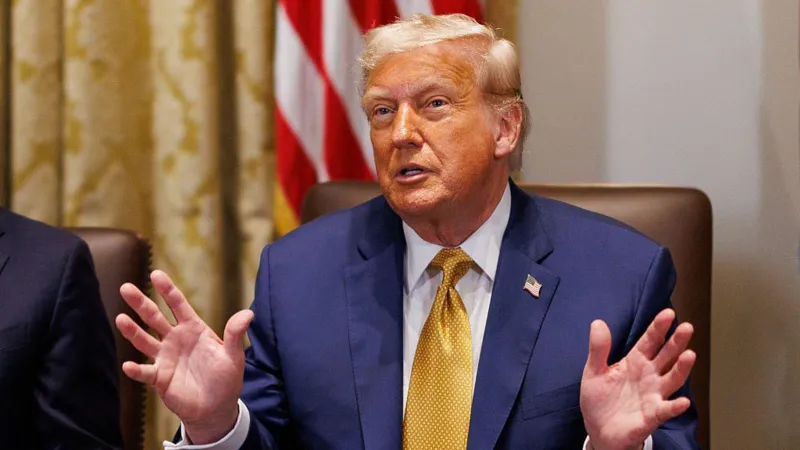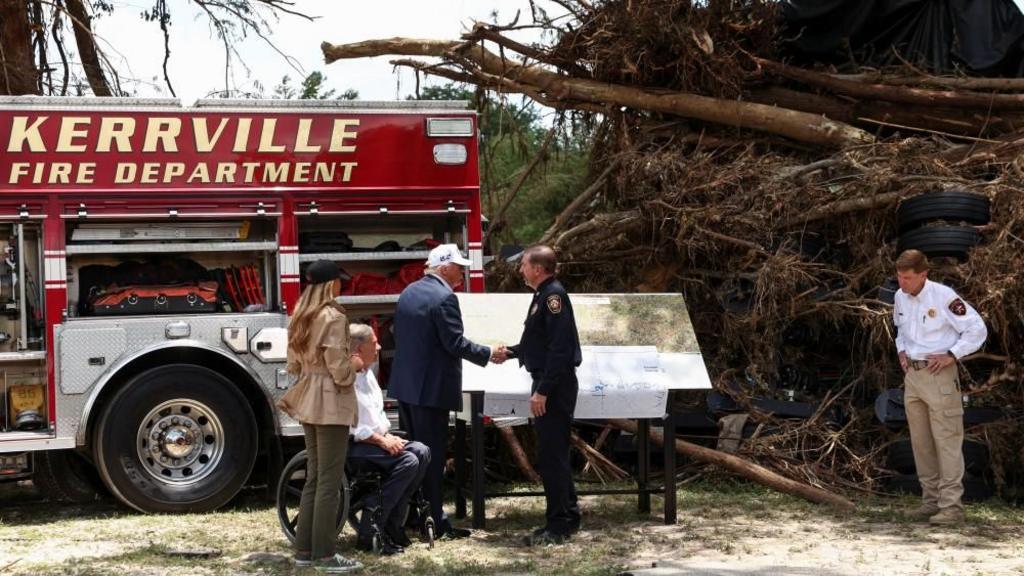Here’s the latest on this breaking news:
🇺🇸 Trump Threatens 50% Tariff on Brazilian Imports (Effective August 1)
– In a public letter dated July 9, 2025, former U.S. President Donald Trump announced a sweeping 50% tariff on Brazilian goods such as steel, coffee, and more. The move is reportedly a response to Brazil’s prosecution of ex‑President Jair Bolsonaro, which Trump described as an “international disgrace” and a “Witch Hunt.” He demanded that the trial end “IMMEDIATELY”.
Support for Bolsonaro
Trump portrayed Bolsonaro as a “Highly Respected Leader” wrongly persecuted and repeatedly declared him “not guilty of anything,” urging the Brazilian judiciary to cease the trial
Rationale Beyond the Trial
In his letter to President Lula, Trump also cited unfair trade practices, including Brazil’s digital services tax and restrictions on U.S. tech firms, along with a trade imbalance. He announced a parallel investigation into these issues .
Brazil’s Firm Response
President Luiz Inácio Lula da Silva quickly rebuked Trump’s move, reaffirming Brazil’s sovereignty and institutional independence: “No one is above the law … we are a sovereign country and do not accept interference.” He criticized the threats as irresponsible and warned that the world does not “want an emperor”.
Wider Trade Tensions
This announcement comes on the heels of Trump’s threats earlier this week to impose tariffs on BRICS nations (10%) and other countries. Brazil, as a prominent BRICS member, is now at the center of a broader trade confrontation.
💡 What It Means
- Immediate impact: A 50% tariff starting August 1, 2025, would substantially increase costs on Brazilian imports for U.S. buyers.
- Political leverage: Trump is using tariffs as a tool to pressure Brazil’s judiciary on a high‑profile legal case.
- Longer-term implications: This move heightens U.S.–Brazil tensions and could have ripple effects across BRICS and global trade norms.
Would you like a breakdown of which Brazilian industries might be hit hardest or how this might affect BRICS relations/
Let me know how you’d like to explore this further!




